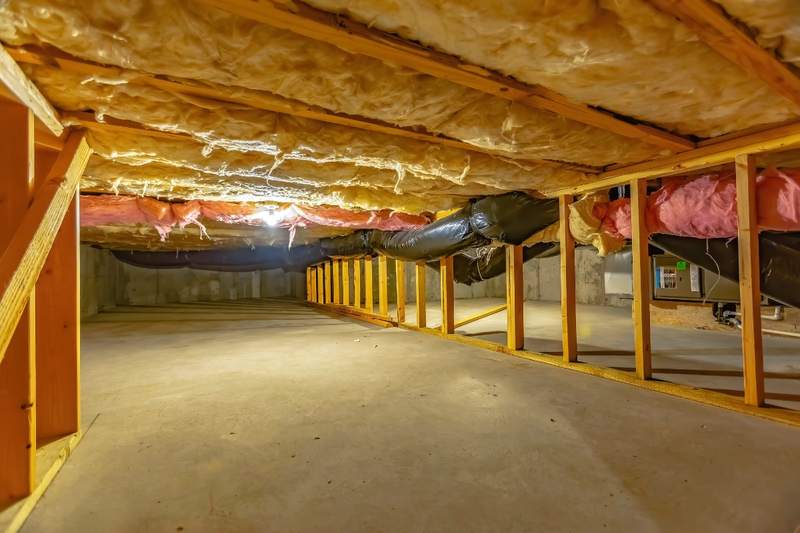
If you need a loan to buy a home, odds are you will at least take a look at conventional loans. These are the most common type of mortgage out there, in part because they generally cost less than other types of loans for those who qualify.
What Is a Conventional Mortgage or Loan?
A conventional home loan is a mortgage from a private lender that isn’t offered by a specific government program. Conventional loans account for roughly 70% of all mortgages.
For borrowers with good credit who can afford a down payment of 10% to 15% of the home’s sale price, conventional loans tend to be a better overall deal than government-backed loans from the Federal Housing Administration, Veterans Affairs, or Department of Agriculture.
There are two types of conventional loans: conforming and nonconforming.
Conforming Conventional Loans
Conforming loans are conventional mortgages that meet federal requirements allowing the lender to sell the loan to Fannie Mae or Freddie Mac. These government-sponsored enterprises buy loans from mortgage lenders, taking them off the lender’s books and freeing up resources for them to make more loans. Fannie and Freddie repackage the loans they buy as investments and sell them to secondary markets.
The primary requirement for a conforming loan is that it can’t exceed loan limits set each year by the Federal Housing Finance Agency. In 2023, the conforming loan limit for a single-family home is $726,200, or $1,089,300 in certain high-cost areas. A map of conforming loan limit values is available online.
Other requirements involve the borrower’s credit score, debt-to-income ratio, and loan-to-value ratio. Also, if your down payment is less than 20% of the purchase price, you’ll have to pay for private mortgage insurance until your home equity is at least 20% of the home’s value.
Nonconforming Conventional Loans
Nonconforming loans fail to meet the requirements for a conforming loan in some way. Since these loans cannot be sold to Fannie or Freddie, their terms are set entirely by individual lenders. Pricing, eligibility, and other features will vary considerably depending on which lender you choose, which means nonconforming loans are more risky than conforming loans.
Jumbo loans
The most common type of nonconforming loan is a jumbo loan.
Jumbo loans are mortgages that exceed the conforming loan limits set by the FHFA. If you have to borrow more than the conforming loan limit to buy a home, you’ll need a jumbo loan.
Because you’re borrowing more money with a jumbo loan, lenders typically require a higher credit score, a larger down payment, and a lower debt-to-income ratio. The good news is that because borrowers who qualify for jumbo loans meet those requirements, the interest rates on jumbo loans typically are comparable to those for conforming loans.
Pros and Cons of Conventional Loans
Here’s a look at some of the benefits and drawbacks of conventional loans:
Pros and Cons of Conventional Loans
| Advantages | Disadvantages |
| Lower cost. | Higher minimum down payment. |
| No PMI (with a 20% down payment). | Higher credit score needed. |
| Most common type of home loan. | May require PMI. |
How To Get a Conventional Loan
Here are some of the most important eligibility requirements for conforming loans:
Conventional Loan Eligibility Requirements
| Credit Score | At least 620. |
| DTI Ratio | 50% or less. |
| Down Payment | 5%, or 3% under special loan programs. |
| Income and Assets | Enough funds to cover your monthly payments, even if something unexpected happens. |
You can start the process of getting a conventional loan by reaching out to a lender or mortgage broker.
To receive a loan estimate, expect to provide the following documents:
- Identification.
- Social Security number.
- Income documentation.
- The loan amount you want.
- A property value estimate.
- The property address.
Once you officially apply, expect your lender to require documents such as recent pay stubs, W-2 forms, income tax returns, and bank statements.
Conventional Loans vs. FHA Loans
There are alternatives to conventional loans. Loans backed by the FHA have more-generous qualification requirements than conventional loans.
However, when it comes to total cost, conventional loans tend to be cheaper than FHA loans for people with good credit and who can make a 10% to 15% down payment.
Conventional Loans vs. FHA Loans
| Requirement | Conventional Loan | FHA Loan |
| Minimum down payment | 5%, or 3% under special loan programs. | 3.5% |
| Minimum credit score | 620 | 500 or higher. |
| Mortgage insurance | Required if you’re putting less than 20% down. | Required for all loans. |
Conventional Loans vs. VA Loans
Here are some key differences between conventional loans and VA loans, which are available to active-duty military service members, veterans, and their qualified spouses.
Conventional Loans vs. VA Loans
| Requirement | Conventional Loan | VA Loan |
| Minimum down payment | 5%, or 3% under special loan programs. | None. |
| Minimum credit score | 620 | None. |
| Mortgage insurance | Required if you’re putting less than 20% down. | One-time VA funding fee instead of mortgage insurance. |
Conventional Loans vs. USDA Loans
The following are some of the important differences between conventional loans and USDA loans, which are available for low- to middle-income borrowers buying a home in a rural area.
Conventional Loans vs. USDA Loans
| Requirement | Conventional Loan | USDA Loan |
| Minimum down payment | 5%, or 3% under special loan programs. | None. |
| Minimum credit score | 620 | None, but a score of 640 or higher is preferred. |
| Mortgage insurance | Required if you’re putting less than 20% down. | Upfront and annual guarantee fees instead of mortgage insurance. |
Conventional Loan FAQ
Here are answers to some frequently asked questions about conventional loans.











